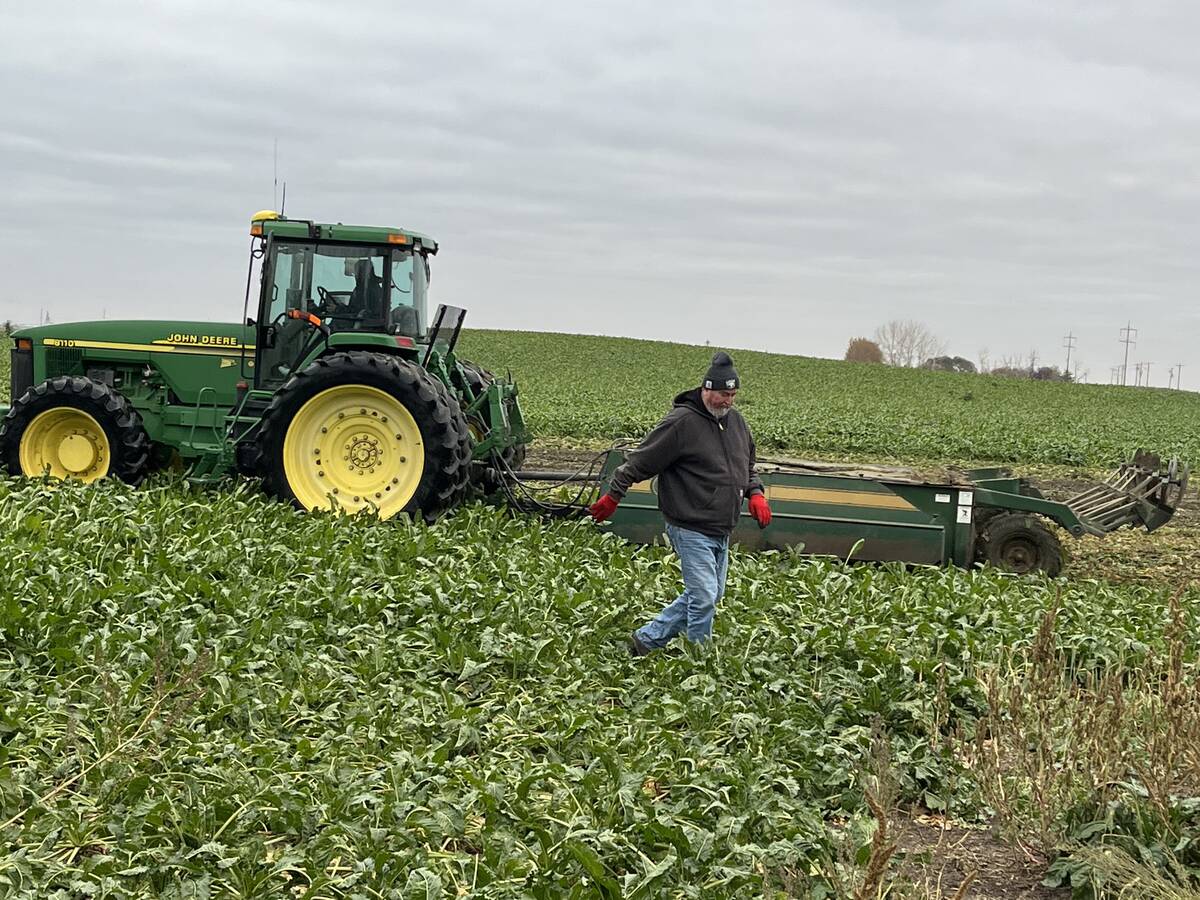Saskatchewan’s inland port initiative may be dead in the water in the wake of a massive funding announcement for a competing project in Manitoba.
Doug Campbell, chief executive officer of the Prairie-to-Ports Gateway and Inland Port initiative, said there is no room for a Saskatchewan inland port given what’s happening in neighbouring provinces.
Earlier this month, the federal and Manitoba governments invested $212 million to support the development of CentrePort Canada, a 20,000-acre inland port to be built in Winnipeg.
Ottawa had previously invested $1.5 million in Port Alberta, an initiative spearheaded by Edmonton International Airport to build a major North American warehousing and distribution hub in that city.
Read Also

Weight-loss drugs and health initiatives hammer a crop that usually provides an economic cushion
Americans are simply eating less sugar. Consumption started to decline in the 1990s as artificial sweeteners grew in popularity. Farmers this year planted their smallest sugar beet acreage since 1982.
“I don’t mean to forecast gloom but the reality is if you have a strong combination of government and entrepreneurial investment in both Winnipeg and Edmonton, the likelihood of the same happening in Saskatchewan locations is lessened quite a bit,” Campbell said.
He said a “dedicated secretariat” is no longer working on the Saskatchewan inland port initiative.
“The Saskatchewan government and the private sector players that were quite keen throughout really ran out of steam or were overwhelmed by other issues.”
One of those issues was a major downturn in the economy and international trade. Vessel operations between Asia and North America have been cut by a third, eliminating some of the impetus for establishing an inland port.
As well, the Saskatchewan project lost its catalyst when Saskatchewan Agrivision Corp. dissolved last summer because of lack of funding. Campbell, a Calgary-based international trade, transportation and agriculture consultant, couldn’t fill the void.
“It needs local champions,” he said.
Moose Jaw mayor Dale McBain was one of the champions for the project but he too sounded pessimistic about the future of the venture.
“The (inland port) in Saskatchewan is probably at the very least on hold, if not dead,” he said.
McBain said the group did its best to convince federal politicians that Saskatchewan was the perfect spot for such a facility.
Its proposal was to build a tri-city port with facilities in Moose Jaw, Regina and Saskatoon that would offer services for importers and exporters such as customs clearance, freight forwarding, distribution, warehousing, assembly and co-ordination of rail, truck and air traffic.
“But they really didn’t have a strong enough local leadership or financial backing to pick up the pace and be as attractive as Winnipeg,” Campbell said.
Companies such as Canadian Tire, Sears and Home Depot that will use the services of an inland port tend to follow the money and right now it is leading them to Manitoba, he added.
“Assuming Winnipeg doesn’t trip, I would think they would invest there and there’s a good chance that those that don’t invest in Winnipeg would invest in Edmonton.”
Campbell said the Saskatchewan project has “gone into a shell” and given the lack of anybody willing to take the reins, it is unlikely to proceed further.
“That certainly makes the Saskatchewan odds very, very slim.”
However, distribution hub activity will still exist in the province. Last summer, Loblaw Companies Ltd. announced it was building a $200 million western Canadian distribution facility in Regina. Canadian Pacific Railway is moving its container loading facility to the same site.
McBain said Regina’s emerging multi-model facility will also create an economic spinoff for Moose Jaw.















